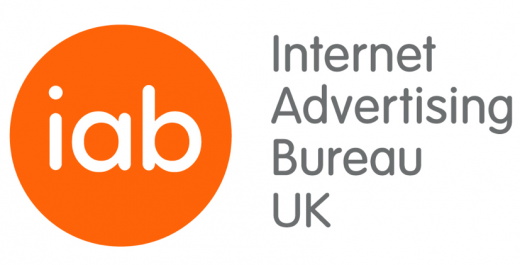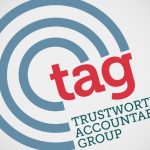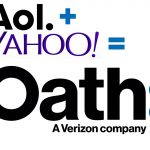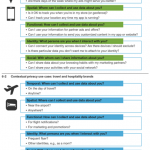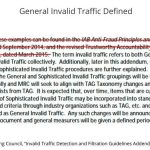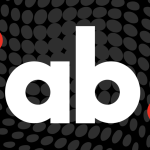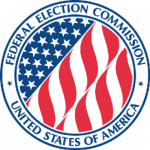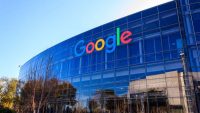Did The IAB UK Just Save Advertising — From Itself?
Did The IAB UK Just Save Advertising — From Itself?
by Sean Hargrave , Staff Writer, October 18, 2017
If readers had any doubt that the digital advertising industry was picking 2017 as the year it finally grew up and became more accountable, less prone to fraud and more focussed on transparency, they need only look at today’s news from IAB UK.
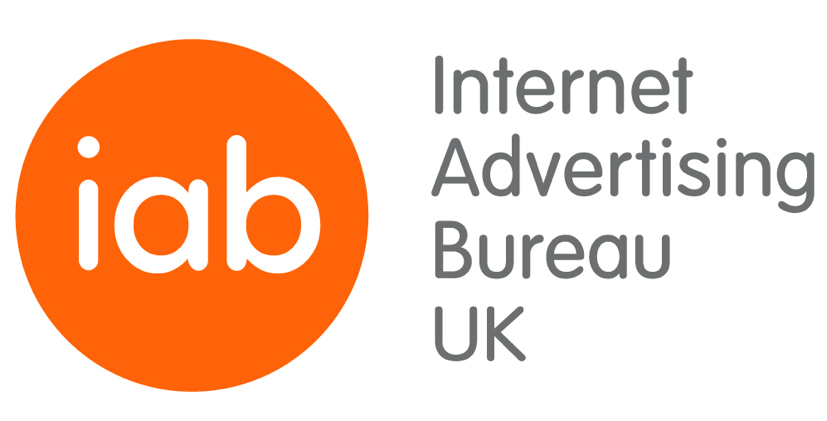
Just a day after its figures, with PwC, showed that the humble banner is flatlining and that the biggest growth in display is when it crosses over into mobile and video, the IAB UK has a shot in the arm for the industry.
It has unveiled a Gold Standard in digital advertising this morning with the initial backing of 23 of its board members. The bureau goes to some length to point out this includes Facebook and Google, but other familiar huge names include Oath (AOL and Yahoo), Trinity Mirror, News UK, Bauer, The Telegraph and The Guardian, plus a range of ad-tech vendors.
These companies have committed to reach the IAB UK’s Gold Standard by ticking three boxes. They will reduce fraud through the ads.txt initiative, ditch the 12 “bad” ad formats listed by the Coalition for Better Ads and work to brand safety certification via cross-industry standards group, JICWEBS. In short, publishers will become safer and less prone to fraud, and they will make surfing a better experience for end users.
The ads.txt initiative is interesting because it is effectively a little line of code that allows a publisher’s webmaster to say whom it entrusts to sell its inventory. This is designed to stop a third party from fraudulently entering their advertising ecosystem. It’s a little like a doorman having a list of who has paid for their ticket, and who has not and so won’t be let in.
With brand safety, there is still a part of me that asks “what’s taken you so long?” It underscores how the IAB UK can only be the referee — it can’t force people in to something they don’t want to do. Brand safety was its first certification programme — it has been up and running for a couple of years now, and it seems odd that it should still be banging the drum for it as part of progress toward its Gold Standard.
You could imagine that responsible publishers would have already signed up. Still, it has to be there in a Gold Standard — you would just have thought it was already universally adopted.
The webmaster tool and brand safety are very much industry issues. The real factor that the public will notice is better ads. These are essentially what is killing digital advertising, for two reasons. They frustrate users and get in the way of a good experience, like the sprouts that must be pushed before you get on with your Christmas dinner. Bad ads are just ignored — the price people pay for good content. Alternatively, they are often what push people over the edge and prompt them to download ad blockers.
Today’s announcement is basically a truce between publishers and advertisers as well as consumers. Any savvy writer will have been warning the industry they can’t frustrate users and give them a poor experience without expecting them to block ads. They also can’t tackle ad blocking and encourage people to see the value in content and disable their tech if doing this leads to a screen full of pop-ups and overlays.
If you take a look at the twelve bad ads page, you will see many there that are so obviously designed to get in the way that it’s a wonder they have survived until now. Autoplay video ads are the worst offender for me — particularly as they often do not feature a pause button so they can be turned down. They blast for at least the required two seconds to be considered viewed before the poor web user finds the “x” to shut down the page and forget about the content they were hoping to view.
The rest are pretty much a version of the same problem — large ads covering over content, often with a timer. The one that is missing for me is the constant request to “rate us.” Considering that this often comes on the first page, it’s not only in the way and annoying, but it’s pointless. How can you rate a page you have never seen before and the publisher has just covered up? It’s like picking baby names before you have even met your blind date.
So today is a good day — let’s make no bones about it. The IAB UK has a framework around which to award Gold Status, and there is effectively a who’s who of publishing committing to fight fraud, offer better brand safety, and even more importantly, make the end user experience better.
Without an improved viewing experience, it’s fair to say that fraud and safety will not be too important because the public will have turned off ads.
MediaPost.com: Search Marketing Daily
(31)

